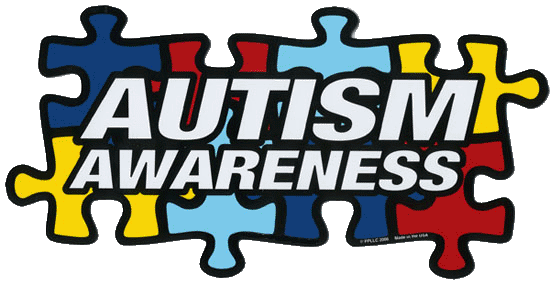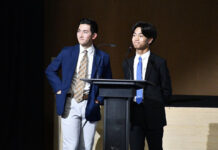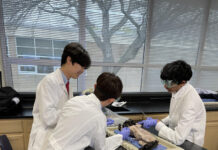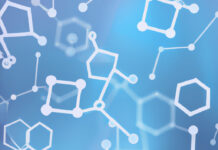Smiling children bustle cheerfully throughout a bright, happy kindergarten classroom, laughing, making new friends, and playing with toys. One child sits by himself, staring at the ground, repetitively moving a truck back and forth. Efforts from the other children to interact with this lonesome child are spurned and rejected.
Most people have interacted with a person like this, an individual who suffers from autism, which affects early brain development. While autism takes a different shape in almost everyone affected by it, it has several key distinguishing features, such as bad communication skills, poor social interaction, and repetitive actions. Currently, the cause is unknown, but it appears to be genetically inherited, as 60-90% of twins have autism if the other twin has it.
The mental disorder has caused detrimental effects on many in the international community, and doctors across the globe are taking efforts to research and study possible cures. This includes medical professionals at UT-Southwestern. The Autism Center at UT-Southwestern works diligently daily to research, diagnose and cure the illness. Members of the center spoke at a Jesuit Medical Society meeting on February 4th to help the students better understand Autism and its effects.
Dr. Matt Mosconi, the founder of the Autism Center and graduate from both Emory University and University of North Carolina-Chapel Hill, had particularly crucial learning points to make. He emphasized the importance of recognizing the mental illness at a young age, as “these behaviors get much harder to control the older [the person] gets.” In addition, it is “much easier to get rid of new behaviors than to stop them in their behavior entirely.”
He also said that “autism used to be blamed on parenting,” and go untreated or put on the shoulders of the parents, a strong change from the treatments of today. If the “current treatments are not doing anything to help the patient,” he asserts, they immediately “try to find new things” in order to help the patient.
In addition, research put into new drugs and experiments with autistic mice have been promising, as the mice are “given new drugs and cured of most of their symptoms.” This could prove to be particularly helpful, as there are no current drugs which have been proved to take away the majority of the symptoms of Autism.
Additional research has been put into the brain function of humans with the disease. Doctors use MRIs to analyze the movements of the brain, showing their patients movies or telling them commands and analyzing the brain’s responses. However, it is difficult to have people cooperate and sit still simultaneously in the claustrophobic MRI during the examination.
Students came away from the informative presentation with many different thoughts. Matthew Boss ’14 says that he really enjoyed “the new information that he had never heard of before,” as well as the “open forum style,” that allowed him to ask several different questions. Junior Stephen Yaeger took a more personal approach and said that his “cousin has autism and it was really interesting to learn more about what she has to deal with on a daily basis.”
While a gargantuan amount of information was presented at the Medical Society meeting, it must be put to good use for it to be worth the hard work that the members of the Autism Center at UT-Southwestern put into preparing the information. Hopefully, members of the Jesuit Medical Society will be able to approach the world with a new perspective with this information about one of the most prevalent mental disorders today.






